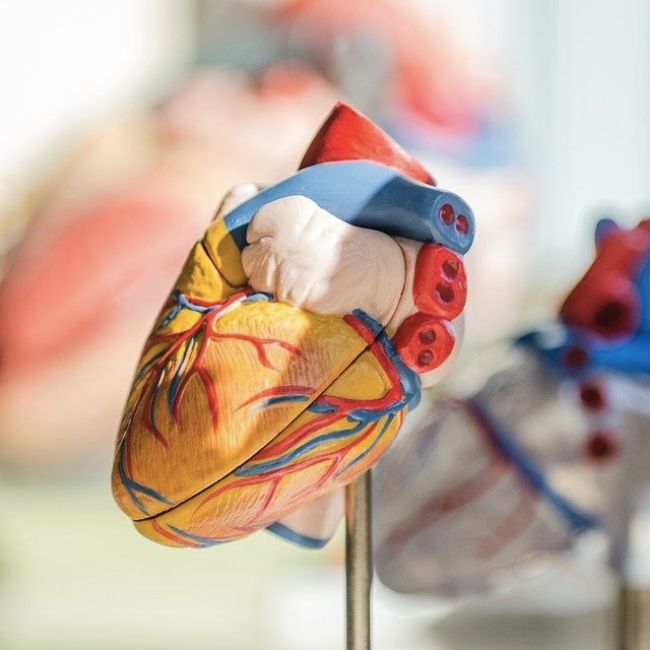
The human body in space!
Recommended for Middle Grades
The human body in space has always made our scientists curious. They are always studying the effects of living in space on the human body.
They are also concerned about how the human body in space reacts or changes. A new study has found that spending very long periods of time in space can cause the heart to “shrink” (become smaller).
This is something that also happens to athletes who swim long distances.
Key facts!
- The study was conducted with the help of data from Scott Kelly.
- Scott Kelly is a NASA astronaut who spent a year in space and Benoît Lecomte, a marathon swimmer.
- Astronaut Kelly spent 340 days aboard the International Space Station (ISS).
- Benoît Lecomte attempted to swim across the Pacific Ocean in 2018.
- He swam 2,821 km over 159 days, but could not complete the journey.
- Scientists found that both of the above activities remove the pressure on the heart that is usually applied by gravity.
- This causes the heart to atrophy (decrease in size).
- However, the changes do not stay for long – both men’s hearts returned to normal once they were back on land.
- This study gives scientists more information on how being in space would affect astronauts.
- More specifically astronauts who will go on longer space journeys in the future (for example, to Mars).
Youtube user “Aperture” tries to find out what happens to the human body in space.
Curious Times is a place where we’re passionate about what we do. Consequently, we work hard every day to give our young readers the most outstanding possible experience and information. We also use Curious Times Weekly, The Curious Magazine, and My Expressions to communicate with our audience. As a result, our content is exciting and interesting for our readers.
School children from all around the world appreciate and enjoy our materials. So, we’re always looking for ways to improve, and are curious to hear from you. This, above all, assists us in providing better service to you.
Thus, what sort of news stories capture your interest? In the comments section below? Please share your thoughts! For the simple reason that we enjoy hearing from our young readers. The following social media platforms allow you to communicate with us: WhatsApp, Instagram, Facebook, Youtube, Twitter, and LinkedIn.
0 (Please login to give a Curious Clap to your friend.)
